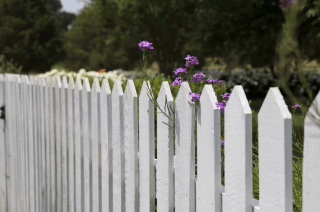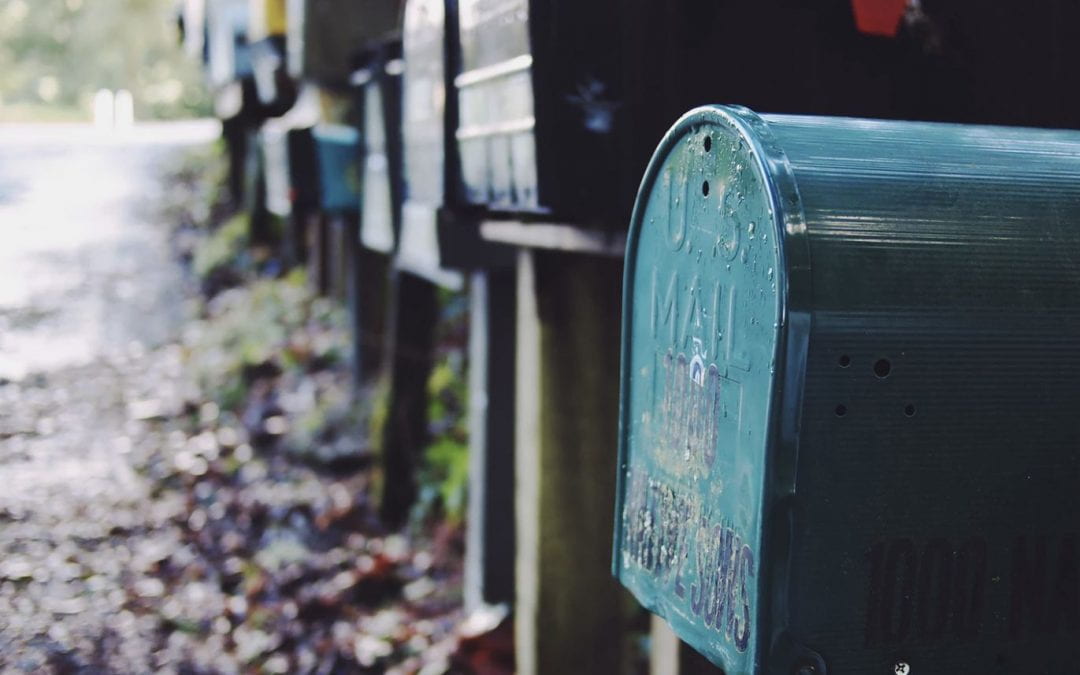Within sustainability, there is a field of study on the issue of resilience. According to the Ohio State University Center for Resilience,
“Resilience is the capacity of a system to survive, adapt, and grow in the face of unforeseen changes, even catastrophic incidents.”
On an individual scale, this looks like having the personal tools necessary to navigate through something difficult in one’s life: anything from the loss of a loved one to a serious illness to a big move. On a global level, resilience has a lot to do with supply chains and international policy.
Somewhere in the middle is what is referred to as community resilience.
In Fayetteville, there are many people striving for community resilience in one way or another. Fayetteville is home to initiatives such as Feed Communities, Tri Cycle Farms, the Full Circle Food Pantry, 7 Hills Homeless Shelter, the United Way of Northwest Arkansas and many others, who work every day to meet the basic needs of those who are struggling and to empower all of us to build a stronger community. Getting involved with any of these organizations is an excellent way to contribute to our community resilience.
However, one overlooked—and stunningly simple—thing each of us can do to strengthen our community is to get to know our neighbors.
Nothing links us together in quite the same way as living in close proximity, yet modern life has trained us to keep to ourselves, avoid that potentially awkward interaction, and construct a protective bubble around our spaces.
And yet, there are countless situations beyond needing the proverbial cup of sugar when no one is better positioned to help out than the person next door. Good neighbors can recognize each other’s kids, pets, and regular schedules. As such, if something is ever out of the ordinary, they could be the first to notice and the first to provide assistance. During an emergency situation, the potential benefits are amplified.
Being able share a storm shelter or a ride during an evacuation can mean the difference between life and death.
It is difficult to overcome the prevailing “keep to yourself” culture, but lately I have been trying to put this “neighbor outreach” into practice. I live in an apartment near campus, so the building is mostly filled with students who come and go each year. I have made it a goal to introduce myself to each new person who moves in, and I now know the names of three neighbors. This experiment recently reaped a real benefit when one of my new neighbors got locked out late at night and felt comfortable enough to knock on my door for help. That person later agreed to pick up my newspapers for me while I was out of town.

Maybe the real reason “good fences make good neighbors” is because you can have great conversations across them.
It feels good to know that we can rely on one another.
I recently found out about a social networking site for neighborhoods called Nextdoor. It gives you a way to share timely information with people who live in your immediate neighborhood. I am trying it out, yet I suspect nothing will beat the connections I have made just by saying a friendly hello to my neighbors when I see them every day.
Click here to learn more about how social issues and sustainability issues collide.

